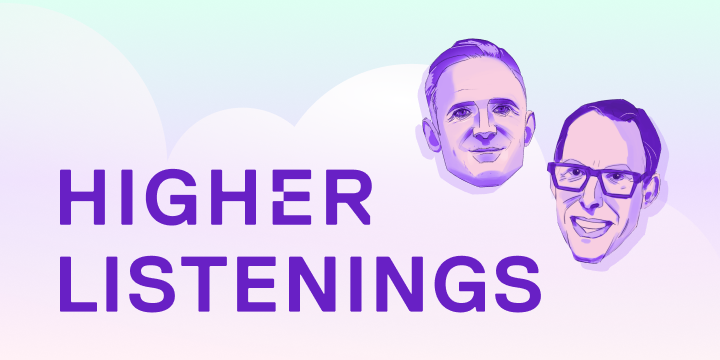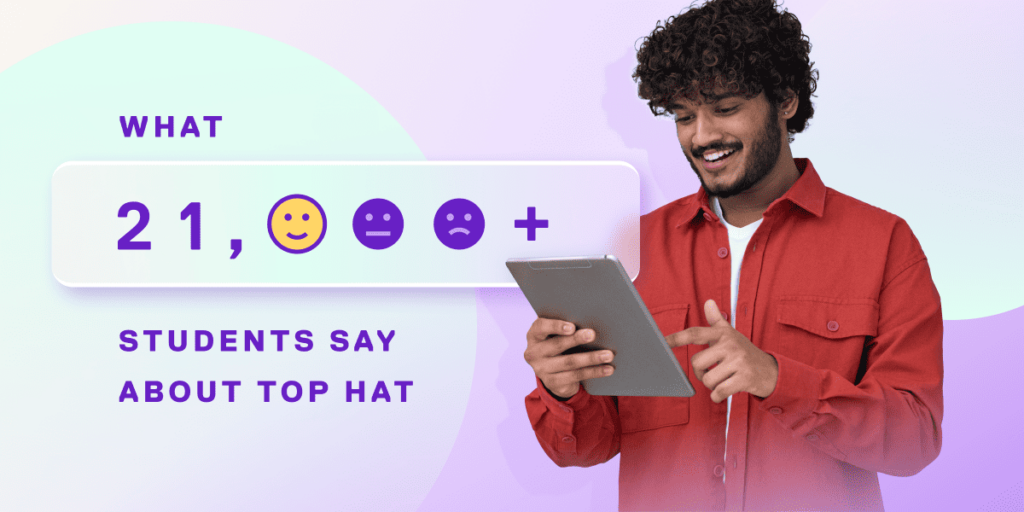Winter isn’t over quite yet, but the good news is that the frigid temperatures are a perfect excuse to hibernate away in the warmth and catch up on some reading. Here are seven essential books about education to add to your 2020 spring break reading list:
Creating Innovators: The Making of Young People Who Will Change the World, by Tony Wagner
Education expert Tony Wagner wants to build an innovation-driven economy. In his manifesto, he explains that in order for teachers to help their students become the next Steve Jobs or Bill Gates, they need to create learning environments steeped in collaboration, problem-solving and intrinsic motivation. This how-to road map is filled with advice on nudging students towards success, plus profiles on some of America’s most inspiring thinkers, including Kirk Phelps, the product manager for Apple’s first-ever iPhone, and Jodie Wu, an engineer whose company builds bicycle-powered maize shellers in Tanzania.
Hillbilly Elegy, by J.D Vance
In Middletown, Ohio—a decaying steel town in America’s rust belt—poverty is a family tradition, writes J.D. Vance in his debut memoir. In a place like Middletown, kids don’t grow up to be doctors, or lawyers or attend Ivy-league schools. They often end up trapped in their hometown. But Vance, against Everest-sized odds, managed to escape his dead-end down and dysfunctional family, first attending Ohio State University and later, Yale Law School. “Hillbilly Elegy” isn’t just your classic tale of rags to riches. In it, Vance sheds new light on the economic and cultural barriers that can stand in the way of a child’s education.
Quiet: The Power of Introverts in a World That Can’t Stop Talking, by Susan Cain
Introverts—those who tend to be quiet; who prefer to listen instead of speak; and who work better alone—make up as much as 40 percent of the population. Among them are some of society’s greatest thinkers, including Rosa Parks, Dr. Seuss, and Steve Wozniak. In “Quiet,” Susan Cain—a former Wall Street lawyer—argues that the current education system is (wrongly) designed around extroverts. Professors perceive extroverted students to be smarter, despite the fact that introverts earn more graduate degrees and scholarships. Something has to give. By examining the “myth of the extrovert ideal” through biology, psychology, neuroscience, and evolution, Cain makes a convincing case for changing both classroom and workplace structures so all types of people can more easily succeed.
I Am Malala, by Malala Yousafzai
Malala Yousafzai became a household name—synonymous with historic icons like Rosa Parks and Martin Luther King Jr.—after she published her debut autobiography in 2013. Her story is a powerful testament to the importance of education and everyone’s “god-given right” to go to school. At just 11 years old, Yousafzai began speaking out about life under the Taliban-occupied region of Swat, Pakistan and equal access to education for women. Four years later, while taking the bus home from school, Taliban gunmen attempted to retaliate against her activism. They shot her at point-blank, but miraculously, she survived — and continued to advocate. Now 22 years old, Yousafzai has a more impressive resume than most: in addition to being a best-selling author, she’s the youngest person to have received the Nobel Peace Prize, the subject of the Oscar-shortlisted documentary and she’s even an honorary Canadian citizen.
Clearer, Closer, Better: How Successful People See the World, by Emily Balcetis
Social psychologist Emily Balcetis takes the idea of “putting yourself in their shoes” to new heights in her upcoming novel about how successful people reach their goals. By analyzing the day-to-day habits and routines of celebrities, entrepreneurs and pro athletes, she shows readers how to make small changes that can help close the “perception gap.” The result is an inspirational guide on how to live a happier, healthier and more productive life — both inside and outside of the classroom.
You’re Not Listening: What You’re Missing and Why It Matters, by Kate Murphy
Kate Murphy knows a thing or two about listening: as a long-time New York Times contributor, her lengthy interviewing record includes conversations with controversial U.S. Republicans, Olympic athletes, and famous actors. Regardless of how high-profile the subject, Murphy says they always seem surprised (shocked, even) that she actually paid attention to what they had to say. In her new book, she argues that—in a world filled with technological distractions and yelling matches that pass as political discourse—active listening has become a rarity. Using a combination of scientific analysis and whip-smart humor, Murphy not only tells us how we got here, but she also imparts wisdom on how to fix it.
Together: The Healing Power of Human Connection in a Sometimes Lonely World, by Vivek Murthy
There are plenty of things that pose a threat to our health (obesity, cancer, GMOs and the rise of teen vaping, to name a few), but Vivek Murthy, the 19th U.S. Surgeon General under the Obama administration, thinks the most dangerous is loneliness. To better understand why people are feeling so disconnected from each other—especially during a time when technology promises to create the opposite effect—Murthy traveled across the country to learn about what brings people together. He shares those inspiring stories in his upcoming book, offering advice on how we, too, can strengthen our connections with the people around us to better our lives at home, at work, and in school.


